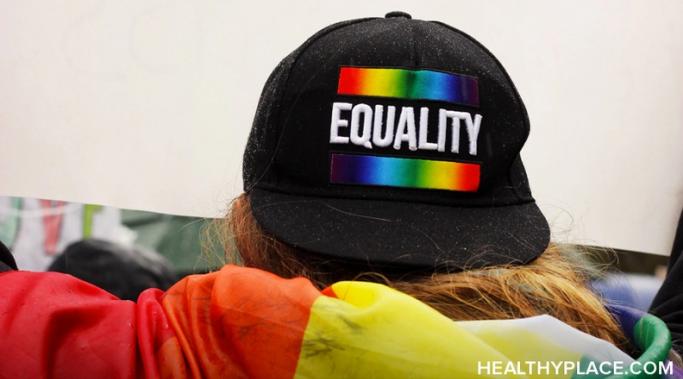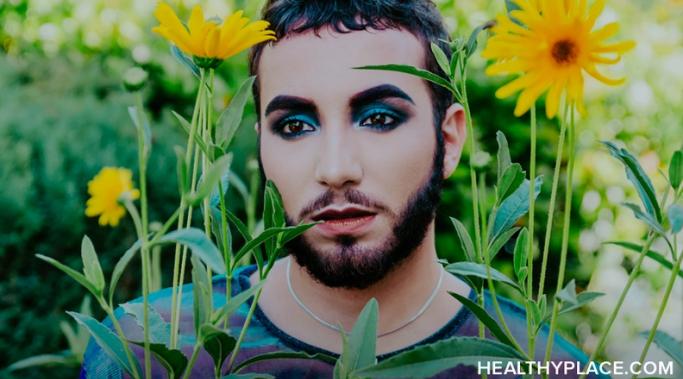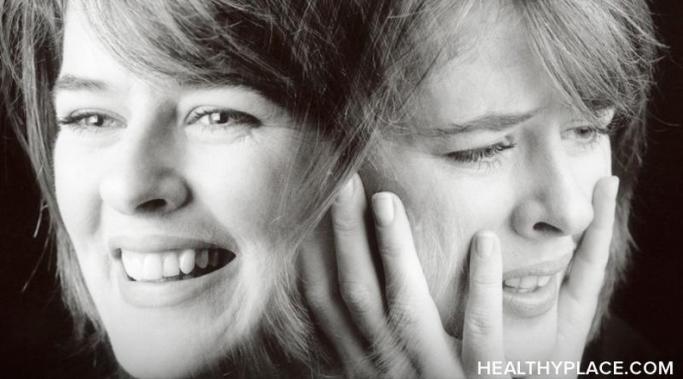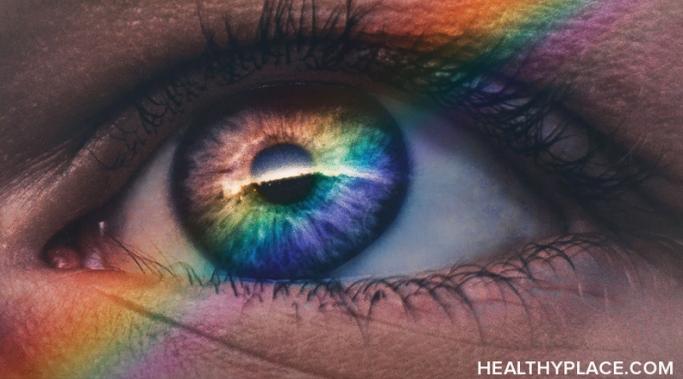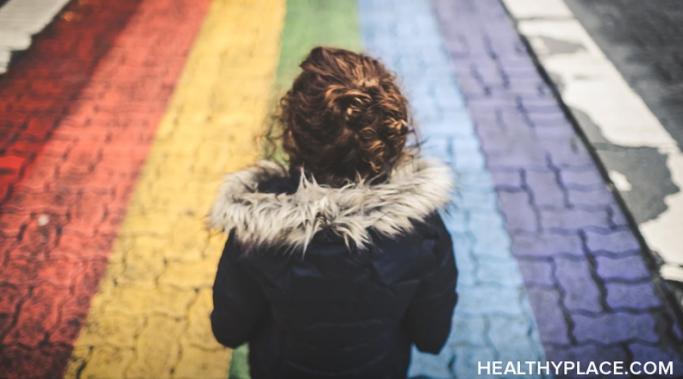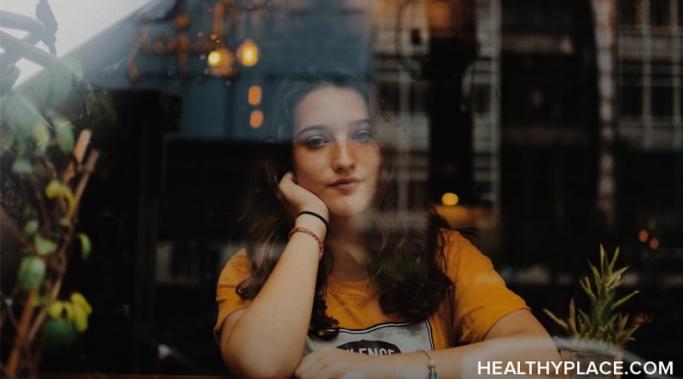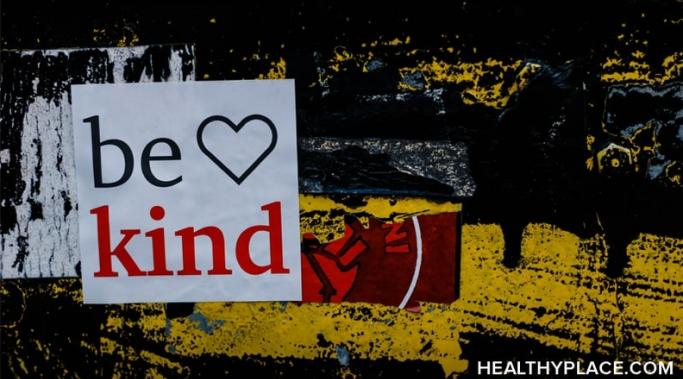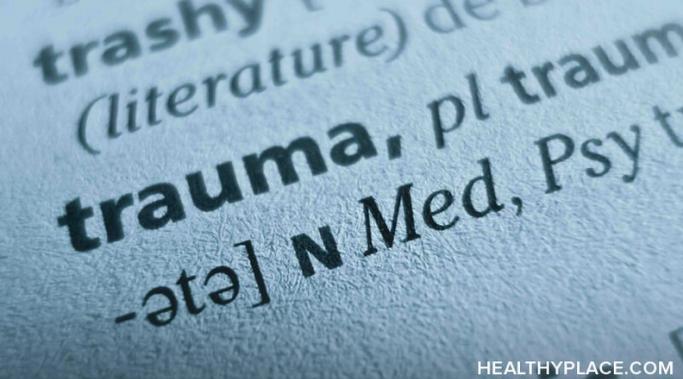Pronoun usage in the lesbian, gay, bisexual, transgender, queer, intersex, asexual, etc. (LGBTQIA+) community is important when dealing with mental health concerns. Using proper pronouns when speaking to others about their mental health can provide a safe and comfortable space for them to release their emotions.
LGBT Mental Health Care
When offering help to those we know with mental health concerns, we must remember language is important. Our lesbian, gay, bisexual, transgender, queer, intersex, asexual, etc. (LGBTQIA+) community especially requires attention to language when speaking with them regarding mental health concerns. Providing space for our LGBTQIA+ community is essential in productive mental health care. We can help provide space using LGBTQIA+-inclusive language as well as being mindful of what we ask others.
My mental health caused me to visit a psychiatric hospital when I was 19 years old. I had never experienced hospitalization for my mental health, nor did I have adequate coping skills going in. In addition to my mental health deteriorating, I had just come out as a lesbian. I was searching to find my place in the lesbian, gay, bisexual, transgender, queer, intersex, asexual, etc. (LGBTQIA+) community. I found ways to cope once in the hospital, though. Read further to see what helped me cope during this dark time in my mental health past.
The new year ahead has caused me to reflect upon the major ways I advocated for my mental health needs to gain back stability; after all, the past year has been rough on my mental health. The year brought about new struggles for my anxiety and new lows in my depression. My posttraumatic stress disorder (PTSD) flared with the added trauma of the pandemic as well. These changes required me to reach out for help. I realized my mental health was affected by my lack of feeling comfortable regarding my treatment when reaching out for help and advocating for my mental health needs.
The holidays can be a difficult time for those struggling with anxiety or other mental health issues. Those in our lesbian, gay, bisexual, transgender, queer, intersex, asexual, etc. (LGBTQIA+) community struggling with anxiety have an added layer of difficulty during the holidays. I haven't celebrated a holiday with my family in many years. This is due to both my sexual orientation as well as my difficulties with mental illness. For those LGBTQIA+ individuals who have no ties to their family or a strained relationship with family, this time of year can be less than joyous. How can we rally to help our LGBTQIA+ mental health community feel more included?
I have identified as a lesbian for as long as I have battled anxiety. I came out to my family and friends 13 years ago, unaware that my sexual orientation would be one of the biggest triggers of my anxiety symptoms. Those in the lesbian, gay, bisexual, transgender, queer, intersex, asexual, etc. (LGBTQIA+) community who also have a mental illness face many obstacles regarding public treatment. The constant worry of judgment and non-acceptance when out in public can lead to heightened anxiety. Holding on to what we can control and educating others about our community can help calm this worry.
Anxiety makes me ache because it leads me to hold tension in my shoulder and neck area. My anxiety is a frequent occurrence in my life. This means these muscles are tense regularly and have an impact on my physical relaxation. I have used meditation and mindfulness for many years to provide relaxation for my mind. These techniques leave my mind relaxed, but my body tense after moments of anxiety.
Talking is something that has never failed to help me positively navigate my depression. Empathetic conversations with friends are soothing to me in moments of intense sadness related to my depression. Not all conversations with a trusted individual go as planned though.
Trauma is a difficult subject to discuss for some, especially when there is no "safe space" in which to have the conversation. I struggled with opening up about my traumatic past due to a lack of safe space to share these memories. In our lesbian, gay, bisexual, transgender, queer, intersex, asexual, etc. (LGBTQIA+) community, it can be difficult to find someone who can hold a safe space for us without judgment. This leads to many individuals settling for a therapist or counselor who truly isn't meeting their needs.
Coping with posttraumatic stress disorder (PTSD) is a must-have skillset for many in the lesbian, gay, bisexual, transgender, queer, intersex, asexual, etc. (LGBTQIA+) community because PTSD is more prevalent than we think. The possible trauma endured by these LGBTQIA+ survivors is hate crimes, intimate partner violence and sexual assault. Symptoms of PTSD can include flashbacks of the trauma(s) and a fair bit of anxiety when in triggering situations. This is how my PTSD manifests in my own life.
